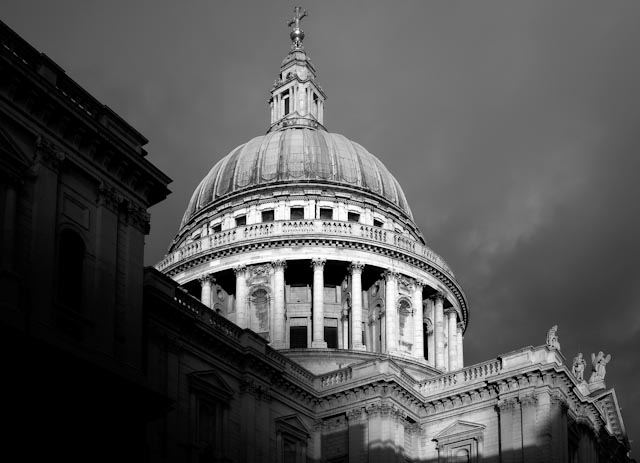At the risk of getting all political, it is with increasing fear and horror that I keep reading reports of photographers being harassed by the police, security guards and members of the public when out taking photos. It's even made the cover of today's Independent.
It reflects a wider change in our society and culture, the result of multiple factors including concerns ranging from terrorism to health and safety (tripod trip). In the UK at least, there has also been rising fears over paedophilia and a change in how many perceive their personal privacy, not least because of tabloid newspapers and celebrity magazines.
I've been stopped by the police on several occasions (luckily for nothing more than a brief chat) but also got involved in a scary incident at Bexhill-on-Sea earlier this year with some members of the public, when I was shooting the De La Warr Pavilion as part of my CABE Sea Change project.
There are many reports of the police exceeding their powers (particularly community support officers) and one of the biggest issues is that many police forces have been granted use of Section 44 of the 2000 Terrorism Act, which allows them to use "stop and search" without any requirements of "reasonable suspicion". However, due to fears of providing information for potential terrorists, it is nigh-on impossible to discover the "authorised areas" where these powers are being used.
According to the British Journal of Photography, Derbyshire is the only county where police officers have never used S44 for stop and search. So I think my next photography project will be about the Peak District, or something to do with Chesterfield.
The BJP has set up a visual campaign at www.not-a-crime-com
I believe that photography is an essential tool to help us to understand ourselves, our society and the places where we live. It will only be after documentary "street" photography is no longer possible - and Martin Parr thinks that day isn't too far away - that we will realise what we have lost.








